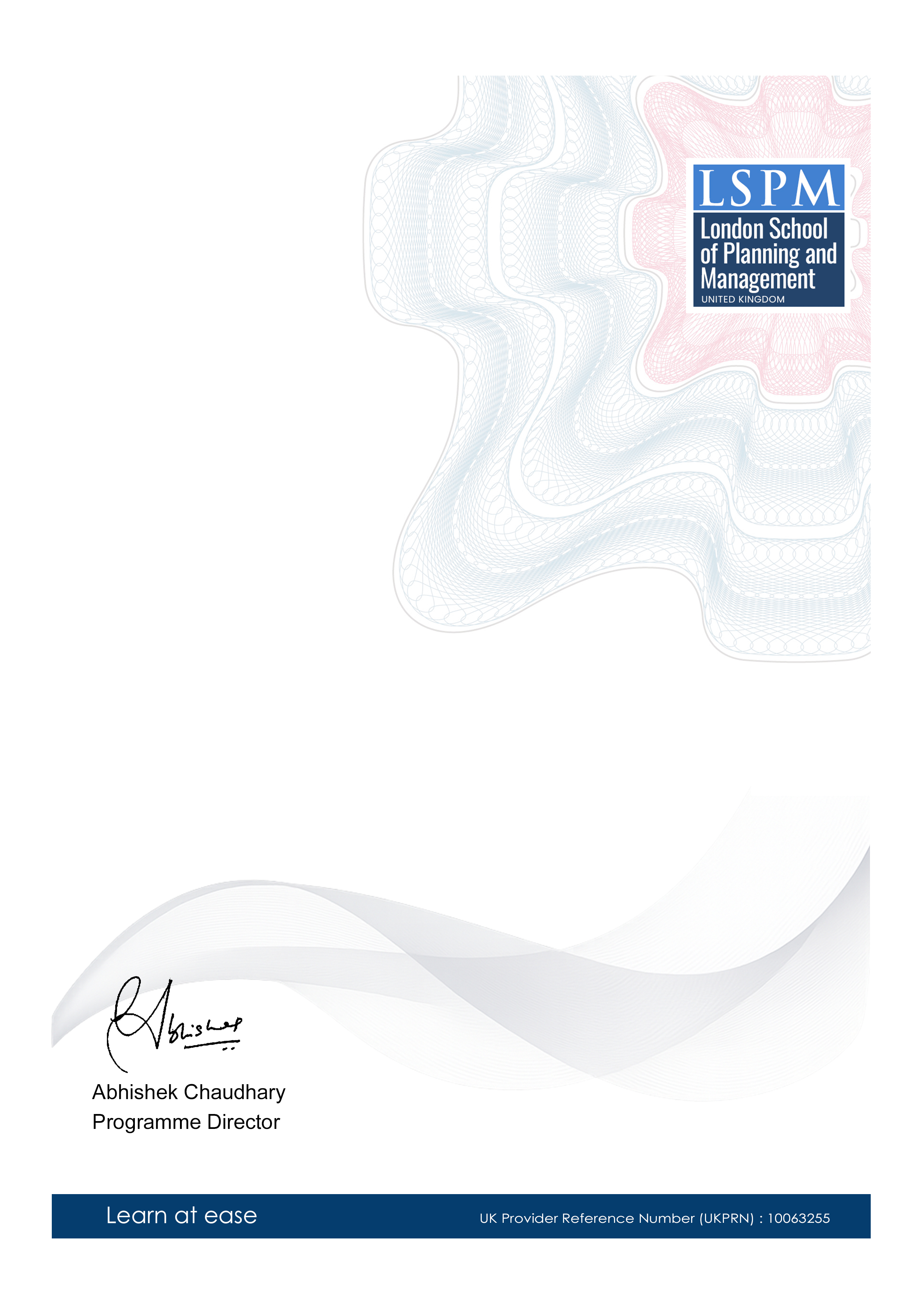Advanced Certificate in Low Carbon Architecture and Design
-- viewing nowThe Advanced Certificate in Low Carbon Architecture and Design is a comprehensive course that addresses the growing need for sustainable and eco-friendly design in the architectural industry. This certificate program highlights the importance of reducing carbon emissions in the building sector, which is one of the largest contributors to global greenhouse gas emissions.
6,687+
Students enrolled
GBP £ 149
GBP £ 215
Save 44% with our special offer
About this course
100% online
Learn from anywhere
Shareable certificate
Add to your LinkedIn profile
2 months to complete
at 2-3 hours a week
Start anytime
No waiting period
Course details
• Principles of Low Carbon Architecture: An in-depth examination of the fundamental concepts and practices of low carbon architecture, including the strategies for reducing energy consumption and carbon emissions in the built environment.
• Sustainable Materials and Construction: This unit covers the properties, selection, and application of sustainable materials and construction methods, emphasizing their role in minimizing the carbon footprint of buildings.
• Energy Efficient Building Design: Students will learn about passive and active design strategies for maximizing energy efficiency in buildings, including building orientation, insulation, HVAC systems, and renewable energy technologies.
• Carbon Footprint Assessment and Monitoring: This unit focuses on the methodologies and tools for assessing and monitoring the carbon footprint of buildings and construction projects, enabling students to make informed decisions and track their progress towards low carbon goals.
• Green Building Certification Systems: An exploration of the major green building certification systems, such as LEED, BREEAM, and Passivhaus, and their role in promoting low carbon architecture and design.
• Climate Responsive Design: Students will learn about the principles and practices of climate responsive design, including the role of building orientation, shading, natural ventilation, and other passive design strategies in adapting to a changing climate.
• Life Cycle Assessment (LCA) and Carbon Accounting: This unit covers the principles and methods of LCA and carbon accounting, providing students with the skills to evaluate the environmental impacts of building materials, products, and systems throughout their entire life cycle.
• Smart Grid and Energy Storage Technologies: An examination of the role of smart grid and energy storage technologies in enabling low carbon buildings and communities, including the integration of renewable energy sources and demand response strategies.
• Sustainable Urbanism and Low Carbon Communities: This unit explores the principles and practices of sustainable urbanism, focusing on the design and development of low carbon communities, neighborhoods, and cities.
Career path
Entry requirements
- Basic understanding of the subject matter
- Proficiency in English language
- Computer and internet access
- Basic computer skills
- Dedication to complete the course
No prior formal qualifications required. Course designed for accessibility.
Course status
This course provides practical knowledge and skills for professional development. It is:
- Not accredited by a recognized body
- Not regulated by an authorized institution
- Complementary to formal qualifications
You'll receive a certificate of completion upon successfully finishing the course.
Why people choose us for their career
Loading reviews...
Frequently Asked Questions
Course fee
- 3-4 hours per week
- Early certificate delivery
- Open enrollment - start anytime
- 2-3 hours per week
- Regular certificate delivery
- Open enrollment - start anytime
- Full course access
- Digital certificate
- Course materials
Get course information
Earn a career certificate

